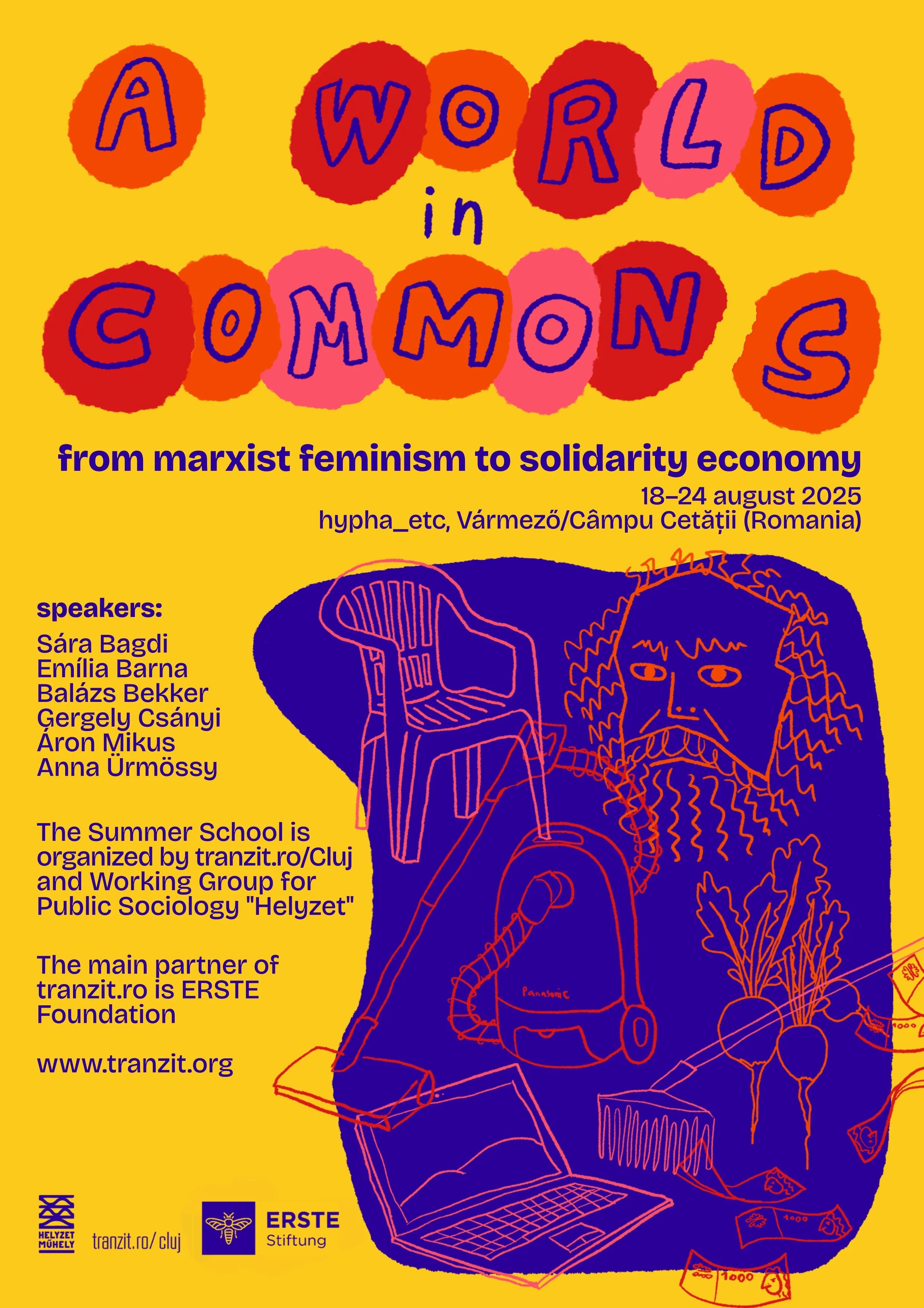The purpose of this summer school is, first, to introduce theoretical frameworks such as Marxist feminism, world-systems analysis, and global labour studies to show how social reproduction is subordinated to endless capital accumulation in the capitalist world system. Second, it aims to explore what alternatives exist to this, i.e., how it is possible to engage in economic activities directly aimed at satisfying human needs.
The work done within the small-scale economic unit of the household is part of global labour–capital relations, and it plays its own role in the reproduction of existing economic conditions. Therefore, if we want to understand the given constraints of the formal labor market, we need to look at the political economy of the household. Furthermore, since the household is the place where the formal and the informal converge, we also discuss “informality” and its structural role within capitalism, especially in peripheral and semiperipheral places, where households absorb many of the risks and social costs of modernization efforts and capitalist investments.
At the same time, from households through tribes, neighbourhoods, or settlements to overarching translocal networks, systems that prioritize non-capitalist modes of production and reproduction have been present for millennia and continue to exist throughout the capitalist world system. Whether by structurally demolishing the domains of capitalist domination in our own reproduction and everyday lives or by challenging the underlying capital accumulation and financialization by building an economy based on commoning and solidarity, such practices can offer alternatives for a world in common(s).
“A World in Common(s)” is organized by tranzit .ro/Cluj and Working Group for Public Sociology “Helyzet”.

















































